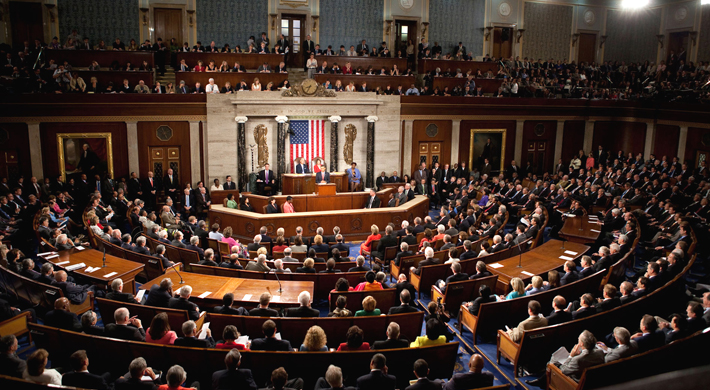
The first “must read” is a blog by Jeremy Shapiro (Brookings) that provides an interesting and entertaining look inside Washington policy-making through the ritual of confidential roundtables. Shapiro argues that the true purpose of these meetings is not really to bring outside ideas into government. In fact, for astute policy-makers, the ideas being pitched to them are either politically impossible (more on this below) or already being attempted…or both.
No, the purpose of these meetings is to give the outsider “the illusion of inclusion” so that they might validate the “inevitably flawed policy” when it later receives public scrutiny. In this way, “a meeting that seems to the (outsider) to be an opportunity to persuade is actually an opportunity to be persuaded.”
Of course, some astute outsiders also understand this dynamic, but they participate anyway because they also benefit: these meetings allow outsiders to claim importance by name dropping and saying that they met senior government officials.
Shapiros’s jaded (or perhaps just realistic?) view of policy-making is echoed by the second “must read” of the week: Larry Summers’ excellent review of the new book, House of Debt, written by Atif Mian and Amir Sufi.
Summers, who worked on the US government’s response to the financial crisis, agrees with much of the diagnosis provided in the book about the driving causes of the Great Recession (namely, that the collapse in housing prices caused over-leveraged households to cut back their spending, which in turn, had knock-on effects for the rest of the economy).
His main problem, however, is that the policy advice provided by the authors ignores the political realities and constraints that policy-makers faced at the time. The government didn’t or couldn’t have done more for under-water homeowners because it was a political non-starter and there were significant problems in getting the details right.
Perhaps we don’t always get great policy outcomes not because our inside government policy advisors are ignorant or because they don’t listen to smart people outside of government. Maybe the core problem lies in flawed political processes in democracies, where it’s hard to communicate and convince the public of the benefits of better policies, given the costs of implementing them.
There’s an interesting debate to be had about whether it’s the role of outsiders to advise on the first best policies and leave it to political insiders to get them approved, or whether it would be better to take into account political realities and instead advocate second-best policies that improve the situation, but take account of what might work politically.
It’s worth noting that Summers writes that despite tough competition from the frenzied obsession over Thomas Piketty’s Capital in the Twenty-First Century, House of Debt is likely to be the most important economics book of 2014. I’m only five chapters into House of Debt, but fully agree that it’s an excellent and important book and well worth a read this summer.







